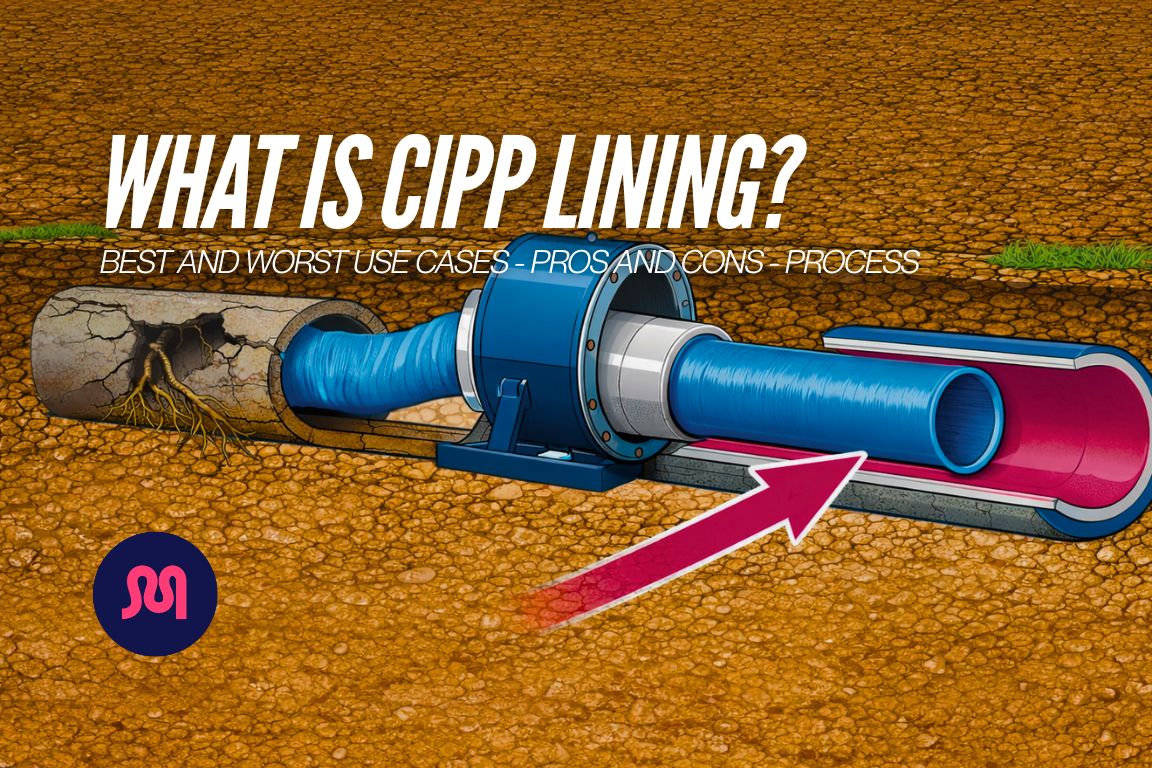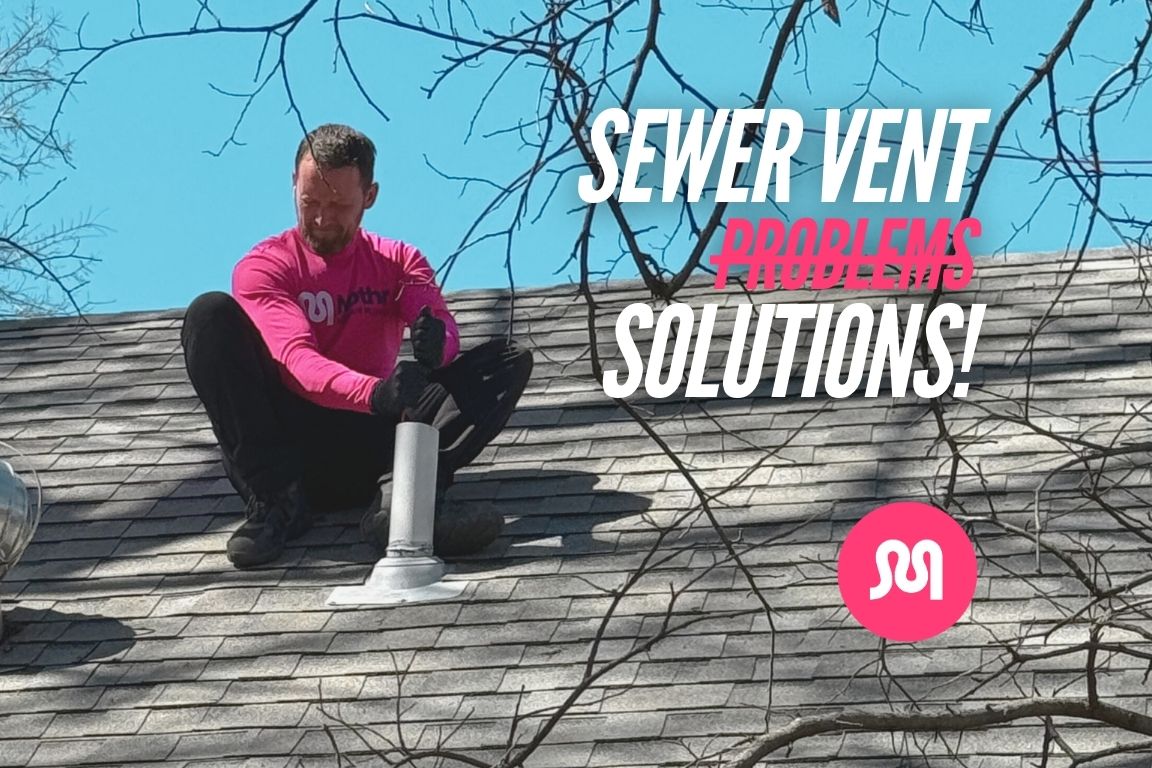What is Galvanized Requiring Replacement - is it worse than lead?
.webp)
table of contents
table of contents
Have you checked your mail? Dallas Water Utilities (DWU) just sent letters with a scary conclusion: there may be lead in city water lines. Seemingly worse there are confusing terms like Galvanized Requiring Replacement (GRR).
Are these the same? Safer or more dangerous? And what can you do to protect your family from lead exposure?
Here’s the highlights:
- Dallas Water Utilities must notify lots of homeowners due to incomplete lead service line inventories.
- GRR lines can be nearly as bad as lead lines because they accumulate lead particles, posing significant health risks.
- Homeowners are responsible for replacing GRR lines on private property, while cities handle public property sections.
- Whole-home water filtration systems can reduce lead exposure until replacements are made.
Concerned about lead, or GRR service lines? Get an expert test
{{lead-water-test="/services/lead-water-test"}}
What Are GRR Service Lines?
There are virtually no more lead water lines, so why are galvanized lines such a problem? Because galvanized steel retains lead particles.
Galvanized Requiring Replacement lines are galvanized steel water service lines that were ever downstream of a lead service line (LSL) or are currently downstream of a pipe whose lead status is unknown.
Why Should You Care?
Lead exposure has no safe level, according to the Environmental Protection Agency (EPA). It can cause severe health problems, especially for children and pregnant women.
Key risks of lead exposure:
- Developmental delays
- Neurological damage
- Cardiovascular issues
Why are cities sending notices now?
The short answer is a federal deadline. The EPA’s Lead and Copper Rule Revisions (LCRR) mandate that all community water systems create an inventory of service line materials by October 2024. The city has to send this because they don't have a full inventory of which lines are or aren't lead.
{{dallas-water-utilities-lead-pipe-advisory="/blogs/dallas-water-utilities-lead-pipe-advisory"}}
So is your house at risk? Maybe. Maybe not. The city doesn’t know yet, but they have a requirement to notify you of the possibility.
How Can You Tell If You Have GRR Lines?
Here’s how to check if your home’s service line is made of galvanized steel:
- Check your City’s water line inventory. All utilities are required to keep one under new federal guidelines.
- Perform a visual inspection to look at the pipe connecting your home to the water main (galvanized steel pipes have a dull gray color)
- Perform a water test of your potable water with testing strips
- Hire a plumber to test your water
- Contact your water utility for an official inspection
- Check with your local water provider for historical data about your service line.
What Should You Do If You Have These Lines?
Replacing GRR lines is the most effective way to eliminate lead exposure risks. Homeowners typically have two options.
If the impacted line is outside your property
First, coordinate with local utilities. Many cities, including Dallas, are actively replacing lead and GRR lines as part of federal and state initiatives. Utilities are responsible for replacing everything up to your water meter.
If the impacted line is inside your property
Arrange for private replacement. Homeowners are responsible for replacing the portion of the service line located on their property. Consult with a licensed plumber to fully remove the affected water lines.
{{whole-home-pipe-replacement="/services/whole-home-pipe-replacement"}}
Mitigation While Awaiting Replacement
To make your water safer while waiting for replacement, try these steps.
Use water filters certified to remove lead for drinking and cooking. Run cold water for a few minutes before using it to flush out any lead particles. Avoid using hot water from the tap for cooking or drinking since it can pull more lead from pipes.
You might also consider installing a whole-home water filtration system. This type of system filters all the water entering your home, giving you peace of mind by protecting against lead and other harmful contaminants.
FAQs About GRR Lines
Will replacement cost me money?
It depends on your location and specific circumstances. In some cases, utilities may cover part of the cost, but homeowners are generally responsible for replacing the portion of the line on their property.
Will my lawn be dug up?
Replacement often requires excavation, but water utilities and contractors aim to minimize disruption by using techniques like trenchless digging where possible.
How can I protect my family until the line is replaced?
Install NSF-certified lead-reducing filters, use only cold, filtered water for drinking and cooking, and regularly clean faucet aerators to remove debris.
Take Action Today
If your home has a galvanized service line that qualifies as GRR, replacing it should be a priority. Contact your local water utility to learn more about your service line material, and take advantage of available resources to ensure safe drinking water for your family. By understanding the risks and solutions, you can make informed decisions about protecting your home and health.
{{lead-water-test="/services/lead-water-test"}}




